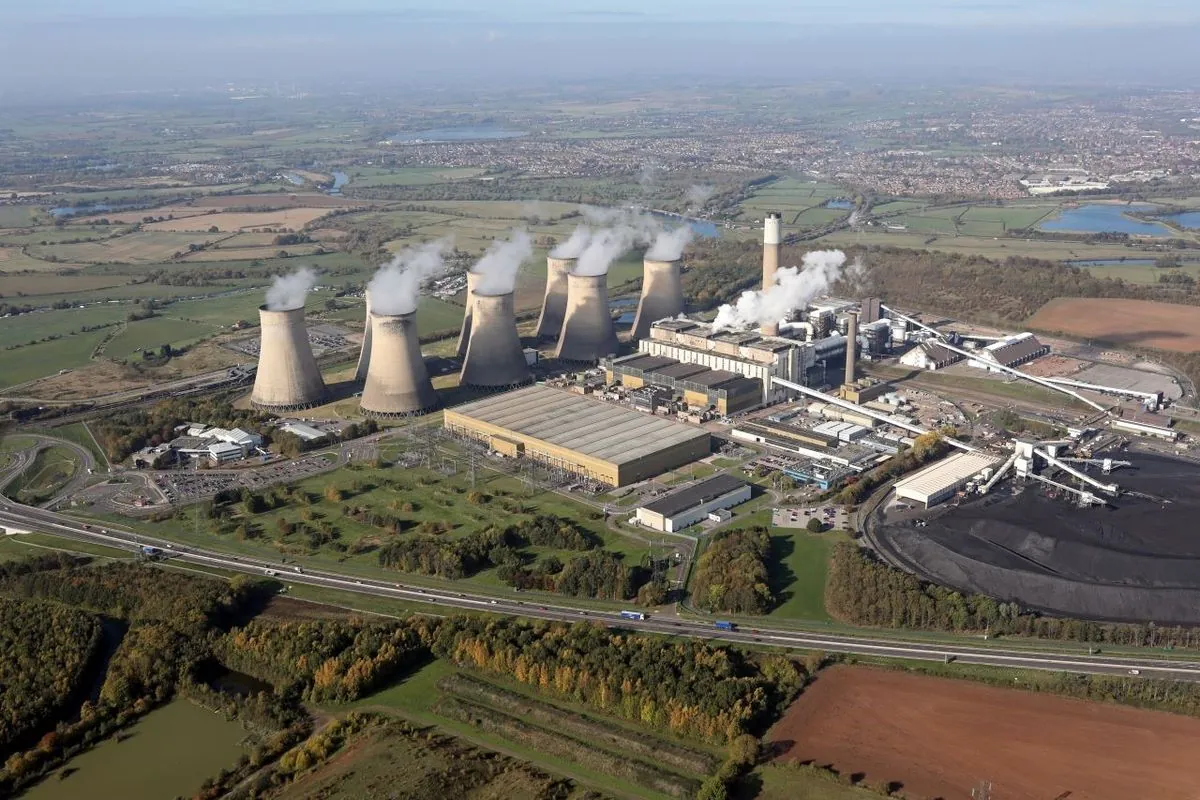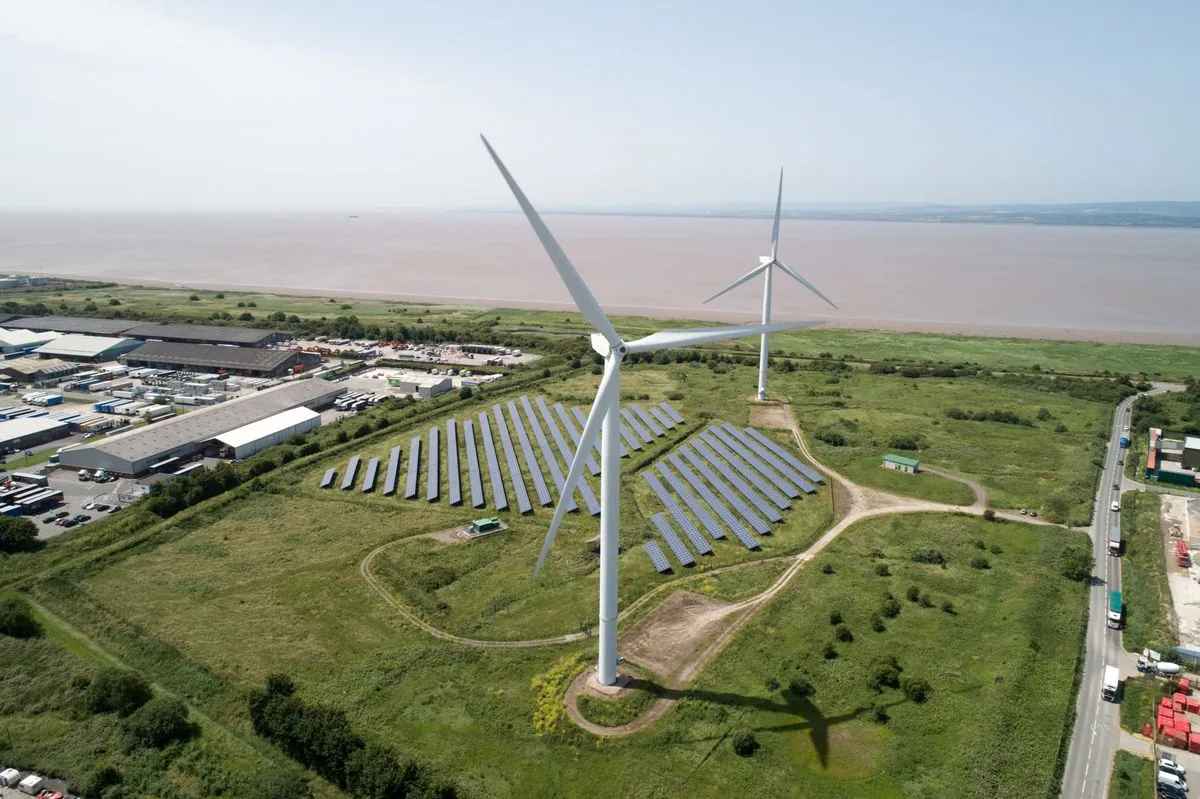Britain Bids Farewell to Coal Power, Leading G7 in Clean Energy Transition
Britain closes its final coal-fired power plant, ending a 140-year era. This milestone marks the UK as the first G7 nation to completely phase out coal power, showcasing rapid progress in clean energy adoption.

On September 30, 2024, Britain achieves a significant milestone in its clean energy transition by shutting down its last coal-fired power plant, Ratcliffe-on-Soar, operated by Uniper. This event marks the conclusion of over 140 years of coal-powered electricity generation in the country, positioning the UK as the first G7 nation to completely phase out coal power.
The closure of Ratcliffe-on-Soar is the culmination of a rapid transition that began in 2015 when Britain announced plans to eliminate coal plants within a decade. At that time, coal accounted for nearly 30% of the country's electricity generation. By 2023, this figure had plummeted to just over 1%, demonstrating the swift pace of change.

Britain's journey away from coal power is deeply rooted in its industrial history. The Industrial Revolution, which began around 1760, was largely fueled by coal. In 1882, London saw the opening of the world's first public coal-fired power station, marking the beginning of an era that would last for over a century. Coal mining in Britain reached its peak in 1913, producing an astounding 287 million tonnes.
The transition from coal has significantly contributed to Britain's efforts to reduce greenhouse gas emissions. Since 1990, the country has more than halved its emissions, with the energy sector accounting for approximately three-quarters of total greenhouse gas output. This progress aligns with Britain's ambitious target to achieve net-zero emissions by 2050 and to decarbonize the electricity sector by 2030.
Julia Skorupska, Head of the Powering Past Coal Alliance secretariat, commented on the UK's achievement:
"The UK has proven that it is possible to phase out coal power at unprecedented speed."
The Powering Past Coal Alliance, launched by the UK at the UN climate summit in 2017, now includes around 60 national governments committed to ending coal power.
Britain's success in phasing out coal has been accompanied by a significant increase in renewable energy capacity. Since 2010, the UK's renewable energy capacity has grown by over 500%. The country now boasts the world's largest offshore wind capacity and has set an ambitious target of 40GW of offshore wind capacity by 2030. This shift towards clean energy has not only environmental benefits but also economic ones, with the renewable energy sector now employing over 250,000 people in Britain.
Michael Shanks, the energy minister, emphasized the positive outlook for the energy sector:
"The era of coal might be ending, but a new age of good energy jobs for our country is just beginning."
While Britain leads the way in coal phase-out, other G7 countries still have progress to make. In April 2024, the G7 agreed to eliminate coal power in the first half of the 2030s. However, countries like Germany and Japan still rely heavily on coal, with it accounting for more than 25% and 30% of their electricity production, respectively.
Christine Shearer, Research Analyst at Global Energy Monitor, highlighted the challenges ahead:
"There is a lot of work to do to ensure that both the 2035 target is met and brought forward to 2030, particularly in Japan, the U.S., and Germany."
As Britain closes this chapter on coal power, it sets an example for other nations in the transition to clean energy. The country's journey from the birthplace of the coal-powered Industrial Revolution to a leader in renewable energy demonstrates that rapid and significant change is possible in the fight against climate change.


































